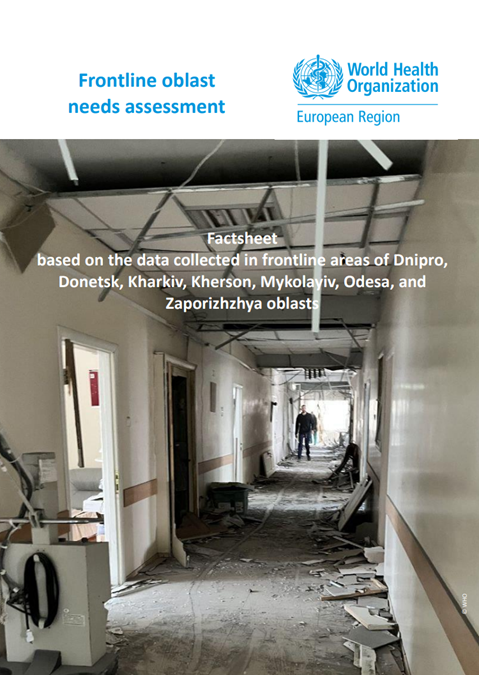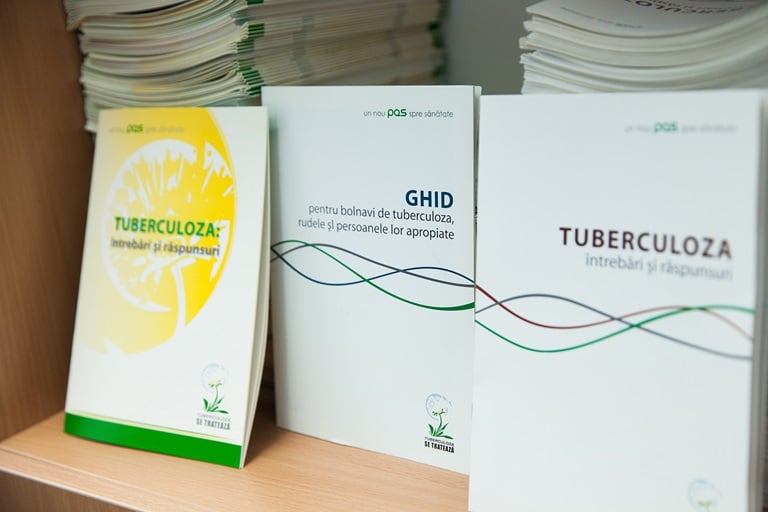Factsheet based on the data collected in frontline areas of Dnipro, Donetsk, Kharkiv, Kherson, Mykolayiv, Odesa, and Zaporizhzhya oblasts

Overview
The full-scale invasion of Ukraine in 2022 significantly exacerbated the health-care crisis in the country's southern and eastern regions. The invasion led to widespread damage to health-care infrastructure, including hospitals and clinics, causing many people to lose access to essential health-care services. The situation was worsened by the displacement of people and limited access to health-care services.
The invasion precipitated a humanitarian emergency, necessitating immediate medical assistance, including emergency and trauma care, along with basic health care. The health-care system in Ukraine’s southern and eastern areas is under considerable strain, grappling with overwhelming challenges in meeting increased demand for health-care services amid the invasion.
Despite numerous challenges, humanitarian organizations and health-care providers have demonstrated unwavering commitment to supporting health-care services in regions impacted by the crisis.
In line with these efforts, the WHO Country Office in Ukraine has played a crucial role by initiating several surveys. These surveys aim to assess the general public’s access to basic health-care services, providing critical insights that inform and improve the continuous efforts in health-care provision.
The survey for the frontline oblasts was initiated to address the immediate health-care needs of the affected communities and to deliver an effective humanitarian response. Data collection is scheduled to occur quarterly, enabling the monitoring of key trends in access to health-care services.






